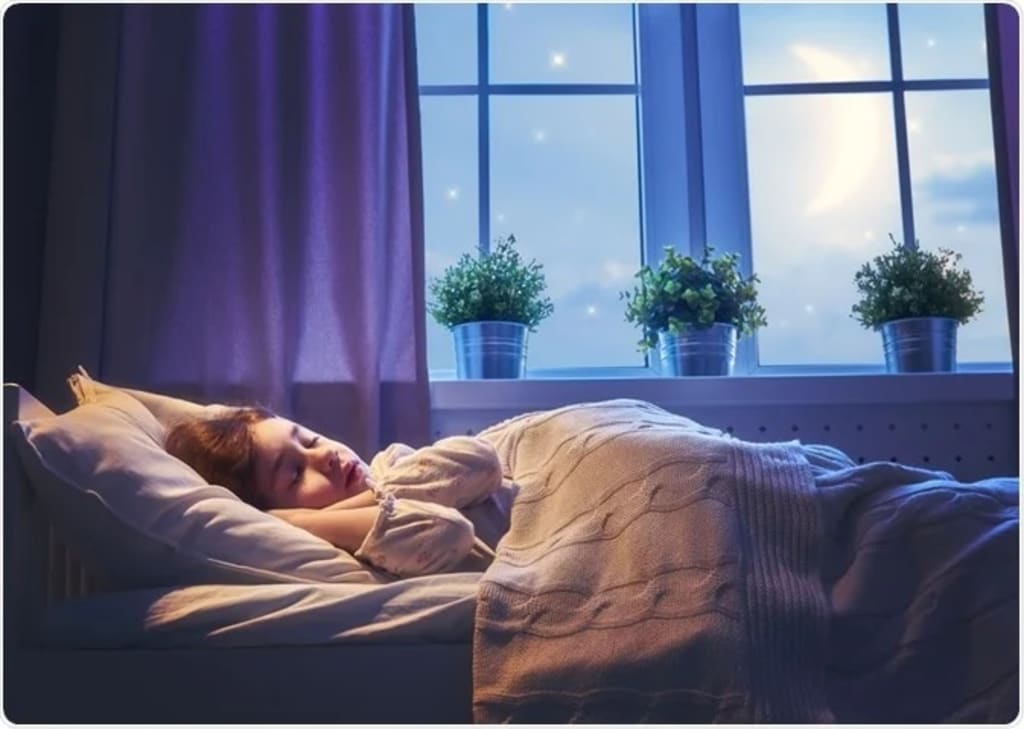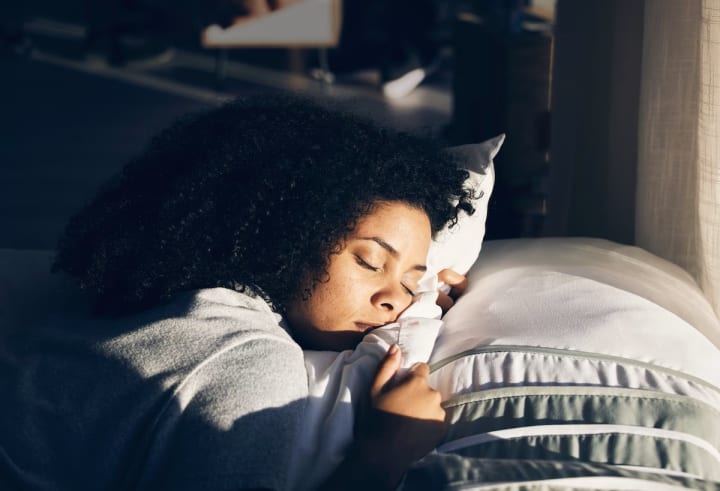Anyone who sleeps with their curtains open should be aware of this warning.
Light pollution disrupts sleep and increases stroke risk.

A recent research discovered that sleeping in a room with a lot of light might have a variety of negative effects on one's health, you might want to consider purchasing some blackout shades for yourself.
Leaving the curtains open while you sleep might raise your chance of having a stroke by 43 percent, according to study conducted in China. This is because light pollution makes it difficult to get a good night's sleep and forces the organs of the body to work harder.
Scientists conducted an analysis of data gathered from more than 28,000 individuals in order to determine the effects of disrupting the normal sleep-wake cycle. It seems that there is a direct connection between the two.
An expert in public health who was part in a research made the following observation: "Our study suggests that higher levels of exposure to artificial light in the outdoors at night may be a risk factor for cerebrovascular disease."
Consequently, we recommend that individuals, particularly those who reside in metropolitan areas, give some thought to the possibility of minimising their exposure in order to safeguard themselves against the possible adverse effects of this.

Scientists monitored individuals from the same town who did not have a previous history of cerebrovascular illness (including strokes and aneurysms) for a period of six years as part of the research study that was made available in the journal Stroke.
There were a total of 28,300 participants, and 900 of them had a stroke over this time period. Additionally, 378 of them encountered various forms of cerebrovascular illness.
After that, satellite photos were used to determine the amount of light pollution that each patient was subjected to throughout the night in order to determine whether or not this was a factor in their health issues.
According to the findings of the study, being exposed to strong light throughout the course of the night "could lead to the circadian rhythm of the body suppressing melatonin secretion."
As a consequence of this, the levels of triglycerides, blood pressure, and blood glucose might all rise, which would result in the development of vascular diseases
Despite the fact that there have been considerable advancements in the reduction of conventional cardiovascular risk factors including smoking, obesity, and type 2 diabetes, it is essential that environmental variables be taken into consideration in our attempts to reduce the worldwide burden of cardiovascular disease.
Sleep deprivation has been related to a variety of health problems for a long time, including a weaker immune system and weight gain. On the other hand, this research demonstrates that the quality of the rest you are receiving is more important than the quantity of sleep you are obtaining.
When it comes to strokes in particular, high blood pressure, fatty deposits that shrink or block blood arteries, and diabetes are all identified as prominent factors. Not only may sleeping in a bright environment make these conditions worse, but it can also cause them.
The optimal setting for a restful night's experience
You should try to make your room as dark as possible or use a sleep mask in order to optimise the settings conducive to getting the most rest possible before going to bed.
It is said that darkness is necessary for sleep.It is possible for even a tiny quantity of light to interrupt sleep, and the more light there is in your bedroom, the more severe the issue will be.
It is also recommended that you make sure the temperature in your room is appropriate (about 16-18 degrees Celsius) and that you are not overheated when you are sleeping. Your body needs to release heat throughout the night, so if you are too warm, it might disrupt your sleep. This is because your body needs to remove heat.
In addition to avoiding coffee and heavy meals before bed, you can also prepare yourself for a good forty winks by teaching yourself to feel more calm in your sleep space by just utilising it for rest (this implies that you should not look through your phone or work from bed at night).
Putting an effective wind-down process and a relaxing setting at the top of your priority list is essential, but it completely depends on what works for you.
Because your sleep is so critically essential to your physical, mental, and emotional health, you need to make sure that you schedule enough time in your schedule to ensure that you receive the amount of sleep that you need.
About the Creator
Jacob Damian
Whether you're looking to learn something new, explore different perspectives, or simply satisfy your curiosity, I can offer you insights and perspectives that you may not have considered before. With my ability to process and analyse.






Comments
There are no comments for this story
Be the first to respond and start the conversation.